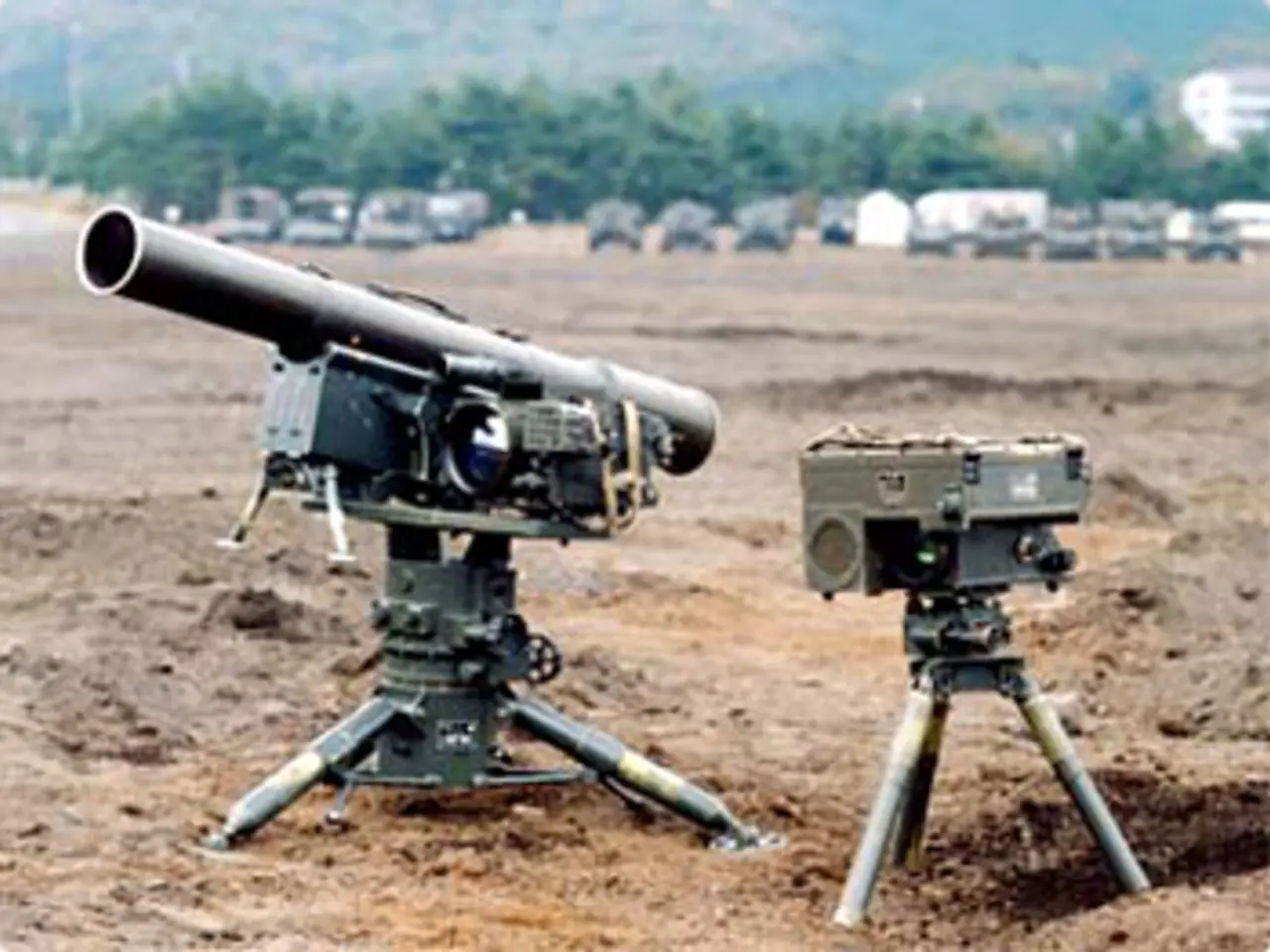Military strikes by Iran target a claimed Israeli intelligence hub in northern Iraq and Syria, Iran asserting the facilities have been destroyed.
Iran's missile strikes on alleged Israeli Mossad spy bases and anti-Iranian terror groups in Iraq and Syria have intensified the ongoing Iran-Israel conflict and added to regional instability.
Current Situation
The recent missile attacks by the Iranian Revolutionary Guards (IRGC) followed US strikes on Iranian nuclear sites and retaliatory attacks on US and allied military bases in June 2025. The IRGC has threatened to target bases linked to Kurdish opposition groups in Iraqi Kurdistan if Israel continues its attacks on Iran. Kurdish oil infrastructure in northern Iraq has been repeatedly targeted by drone strikes, with pro-Iran militias being suspected, although they deny involvement. Syria remains a volatile theater with Iranian-backed efforts supporting the Syrian government's push to regain territories, while Israel continues targeted operations inside Syria.
Potential Implications
The Iranian strikes and threats underscore an ongoing escalation with the potential to widen the conflict zone, involving Iraqi Kurdistan as a possible frontline against Kurdish opposition groups Iran considers hostile and linked to Israel. The joint Iran-Iraq security agreement aims to limit third-party attacks from Iraqi soil against Iran, but Iranian missile strikes risk undermining Iraqi sovereignty and may fuel instability. Continued disruptions to oil infrastructure in Iraqi Kurdistan threaten regional economies and could increase friction among Kurdish authorities, Baghdad, Iran, and external actors. Iran’s assertive retaliatory capacity and willingness to use missile strikes and proxy operations reinforce its deterrence posture but raise risks of spillover violence, further regional militarization, and challenges to US and allied presence in the Middle East.
Key Developments
- The IRGC fired ballistic missiles at bases of "anti-Iran terror groups" in Syria, causing civilian casualties and sparking condemnation from the Kurdistan region's Security Council.
- The IRGC claimed the strike in Iraq targeted a major Israeli espionage center in Erbil, in response to alleged Israeli attacks that killed Iranian Revolutionary Guard commanders and members of the Iranian resistance front.
- The US described the missile attacks as "reckless and imprecise," and the Kurdistan region's Prime Minister called on the international community to respond.
- Concerns are rising that these actions could escalate into a broader regional conflict with significant humanitarian, political, and economic consequences.
As the situation continues to unfold, the complex web of conflicts raises fears of a wider war. Israel's Prime Minister's office has not responded to the IRGC's claim, but the UN and other international bodies have called for de-escalation and respect for sovereignty and international law. The international community will closely monitor the situation and work towards maintaining peace and stability in the region.
1) The escalating Iran-Israel conflict, as demonstrated by the Iranian Revolutionary Guards' missile strikes on anti-Iranian terror groups in Iraq and Syria, has brought politics and general news into focus, with concerns growing about potential war-and-conflicts spilling over to Iraqi Kurdistan.
2) In the midst of regional instability, the volatile theater of Syria, particularly the Iranian-backed efforts supporting the Syrian government and Israel's targeted operations, has become a critical point of intersection for war-and-conflicts, politics, and general news.






